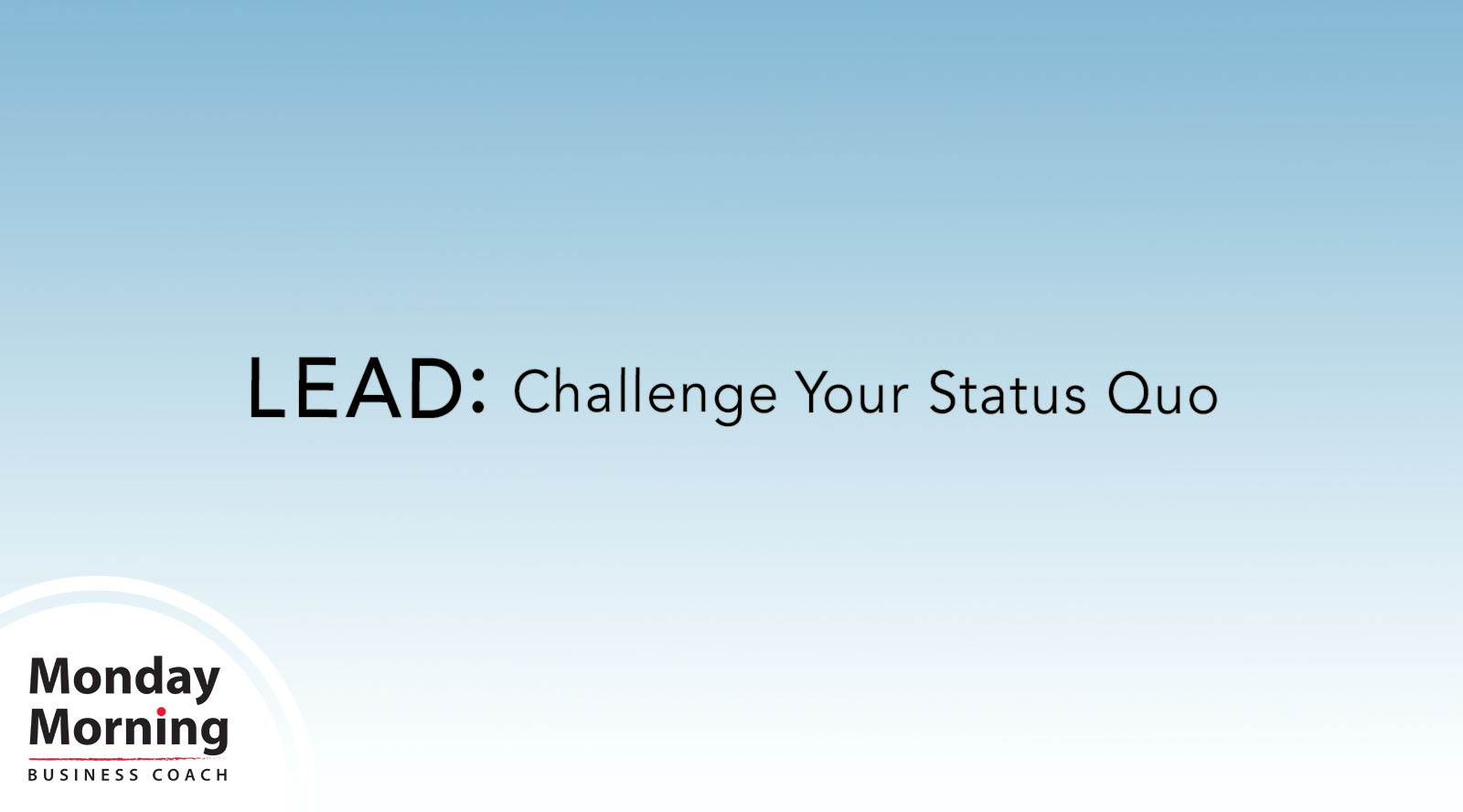Our brains are not a large part of our bodies, yet they use up considerable resources when they work (like oxygen and glucose); resources that the body also needs. So, to lesson that demand, our bodies evolved to rely on habitual responses and the clustering of data so that the brain had less work to do – and therefore consume fewer resources.
This tendency of our brains makes incorporating change challenging – the status quo is “easier”.
This is not to excuse anyone from doing the work we’re called upon to do to confront systemic racism in our lives. Instead, it’s important to acknowledge the challenges we’ll have as individuals and a nation to fully embrace change.
It’s important that we consider
how we’ll each step into our leadership,
despite a brain that wants stability.
Over the past couple of weeks, we’ve been talking about our definition of leadership, “the willingness to influence your world and be influenced by your world regardless of role or title.”
We believe deeply that leadership from all of us
is needed now more than ever.
To influence the world, we’ll need to challenge our brain’s tendency to be comfortable with habit and old patterns and we’ll need to remember that our brains cluster things and people who seem the same – and therefore, we assume that they are the same.
Take for example our current political climate and the way we’ve characterized Democrats as one way and Republicans as another. Yet we all know individuals who identify as one party or the other (or somewhere in between) who have much more complex and nuanced thoughts about the world than our brains can always comprehend.
We’re hearing from our clients that this is in play as we work to confront systemic racism as well. We’re hearing from our white colleagues that they can get caught in one perspective on race rather than understanding that that perspective is just that – a single perspective.
There are as many actual experiences and perspectives
as there are people.
We’re also hearing from our clients who are Black, Indigenous, and People of Color that they’re being asked to speak for all BIPOC people and that they feel uncomfortable with that ask.
This week, we’re inviting you
to challenge your brain.
Pay attention to the habitual ways of thinking and acting that keep you from influencing and being influenced by the world in a positive way.
Pay attention to the tendency to think that when you understand one person’s perspective, you understand them all.
Our brains are here to help us survive, they’re doing their best and we need to work with them to overcome tendencies that prevent us from creating a new and better future.
Together.
We’re here for you.


